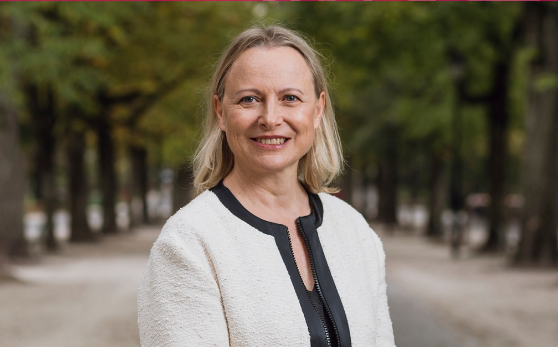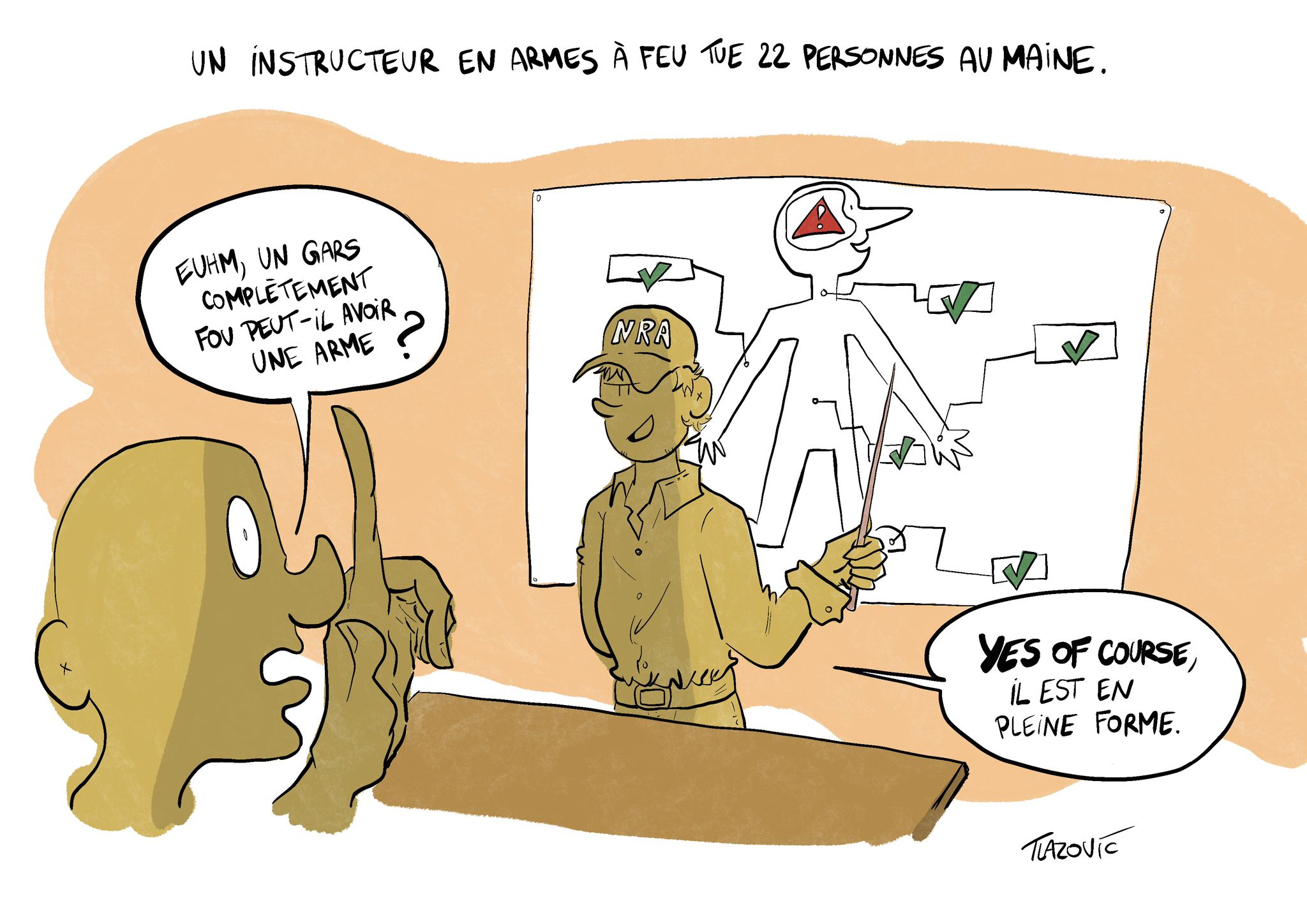“Why isn’t the United Nations intervening in Syria?” This might be one of the most asked questions of the last few years. More than 6’000 dead only this March, at least 70’000 dead in the whole conflict, and something like one million of refugees[1]: if we look at the numbers, it sure is a legitimate question that deserves an answer. But most of the time, answers from political leaders around the world sound more as excuses than acceptable justifications.
Recently, the former UN secretary Kofi Annan held a conference in Geneva to talk about his new autobiography book “Interventions: a Life in War and Peace”. During the conference, he was asked several times to explain why the United Nations could/would not intervene in Syria.
Annan attempted to explain the position of the UN and the difficulties of an intervention by using the following example. He illustrated the UN role by saying it is similar to the role of Geneva’s police. The police of Geneva cannot (not enough resources) intervene and prevent every single crime there is in Geneva. This, he says, does not mean it should not intervene. The same principle applies to Syria: the UN cannot intervene and prevent each conflict around the globe, but it should and has to try to do its best.
“Syria is divided and the international community is also hopelessly divided. The assistance is not reaching in fast enough, but we’re fighting to put in more guns”
There is an important UN norm, called “Responsibility to protect” known also as R2P, that should help avoiding shameful crimes such as genocides, war crimes, or ethnic cleansing. This norm is based on the principle that sovereignty is not a right, but a responsibility. If a state (for example: Syria) fails to protect its population from mass atrocities, then the international community has the responsibility to intervene.
Military intervention is considered the last resort[2]. Kofi Annan clarifies: “if the government is unwilling or unable to protect its people, then the UN may intervene to avoid the brutalization of the people. Crimes such as genocides are so shameful and unacceptable, that we have to get up every morning ready to fight them”.
The point is, as even my grandma knows, that the so called “international community” is not, in reality, that much international nor community… The UN, and the Security Council in particular, does not work together following the ideals of solidarity, keeping the world peace and building a better world together. No. It works according to selfish ideals, where each country must be better than the others no matter what is the price paid by the powerless people around the world. For now, the UN is still and only a put into practice of an “Hobbesian world system”. It is obvious that the sovereign states, and not the people, still have the monopolization of the UN. The preamble of the Charter of the UN “We the people of the United Nations determined…” sounds more like a joke than a statement.
Annan knows maybe too well how difficult it is to make superpower countries care more about human rights, and less about their economic interests. Somalia, Rwanda, Yugoslavia are just a few examples that show us how easy it is to close our eyes and look somewhere else. But, as Annan tries to remind us, people are not powerless and they can point out the road, as it recently happened in India with the major rape protests that hopefully will bring some real changes. “When leaders fail to lead”, says Annan, “people can make them follow, by raising their voices”.




Laisser un commentaire
Vous devez vous connecter pour publier un commentaire.